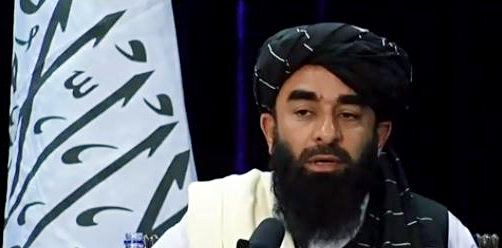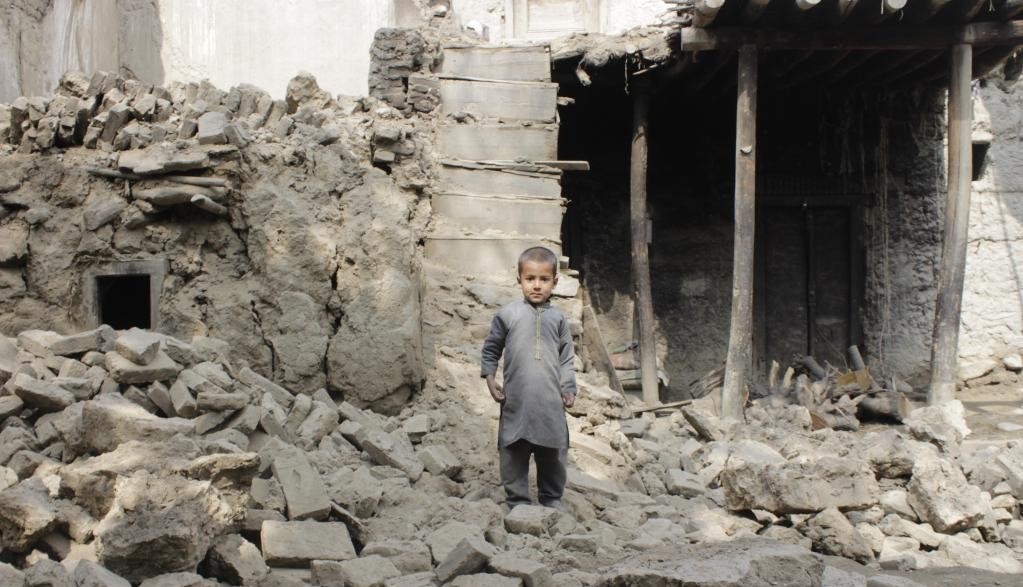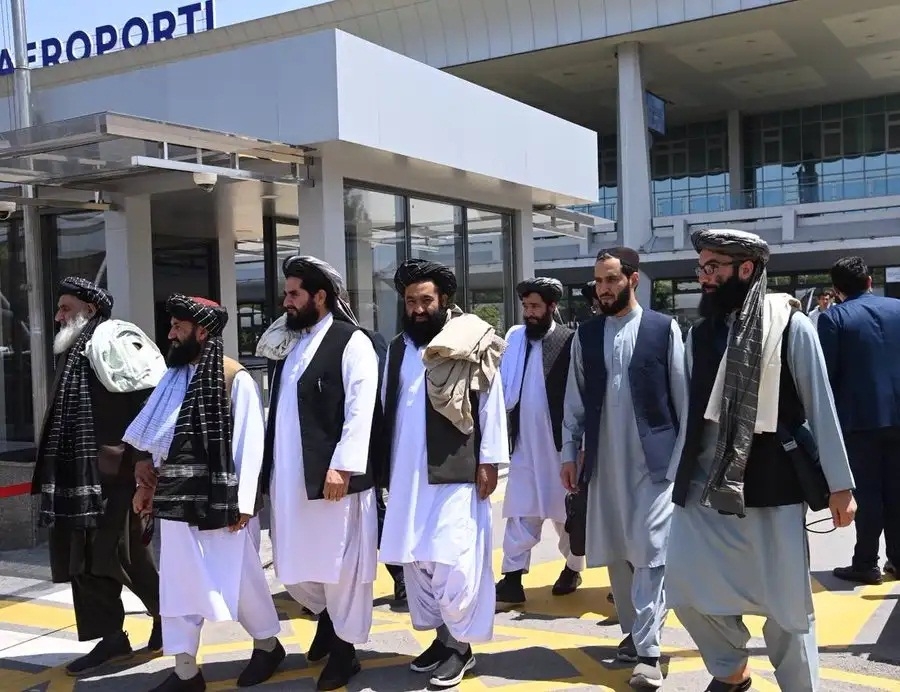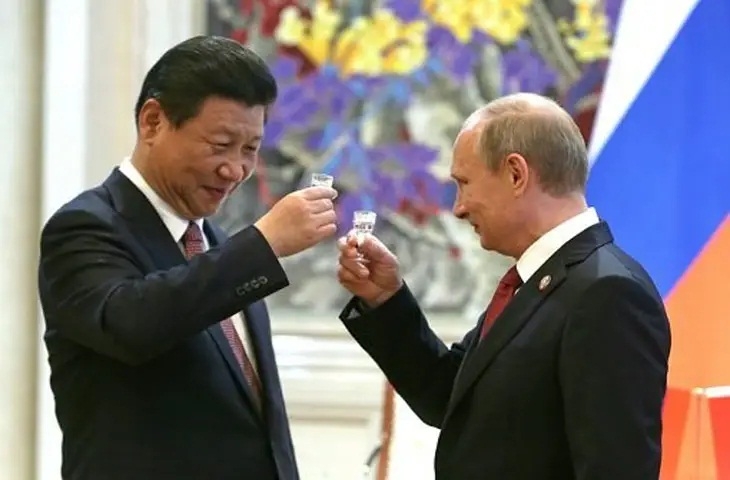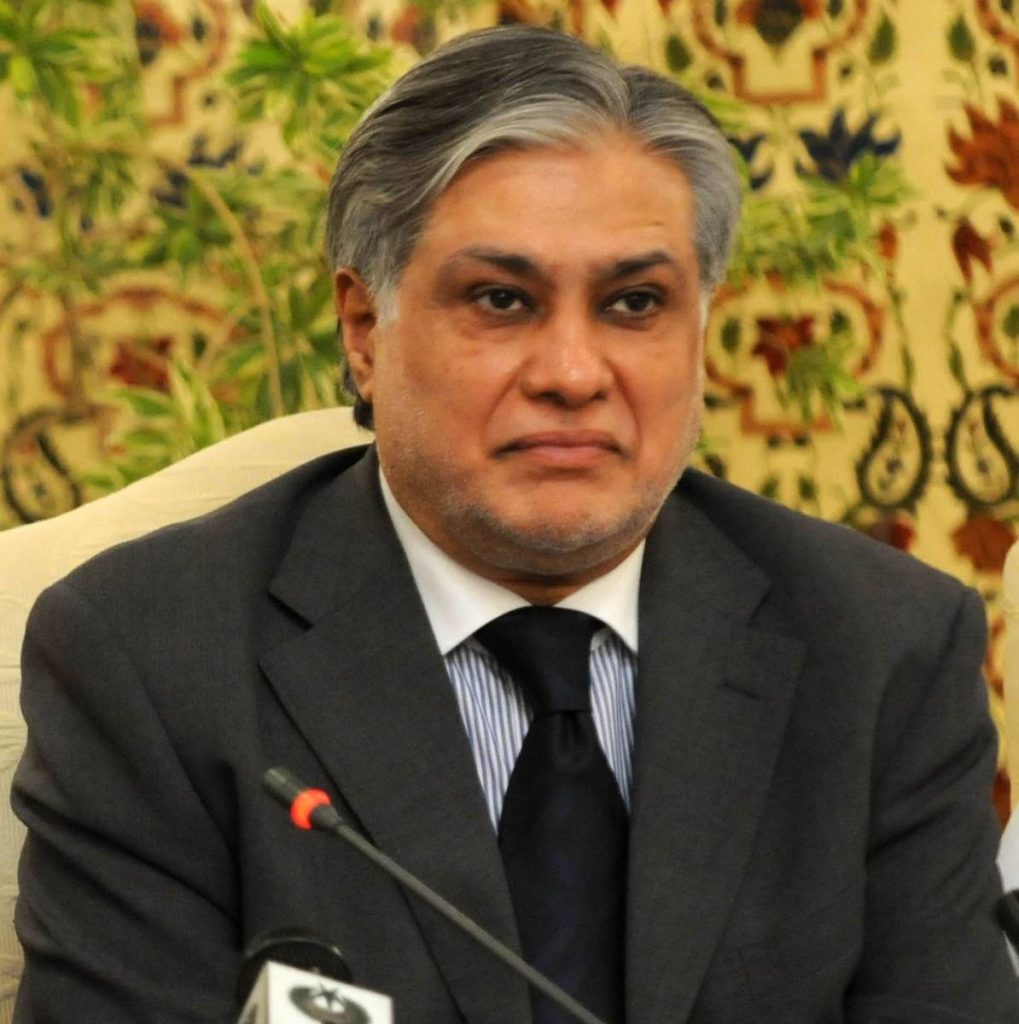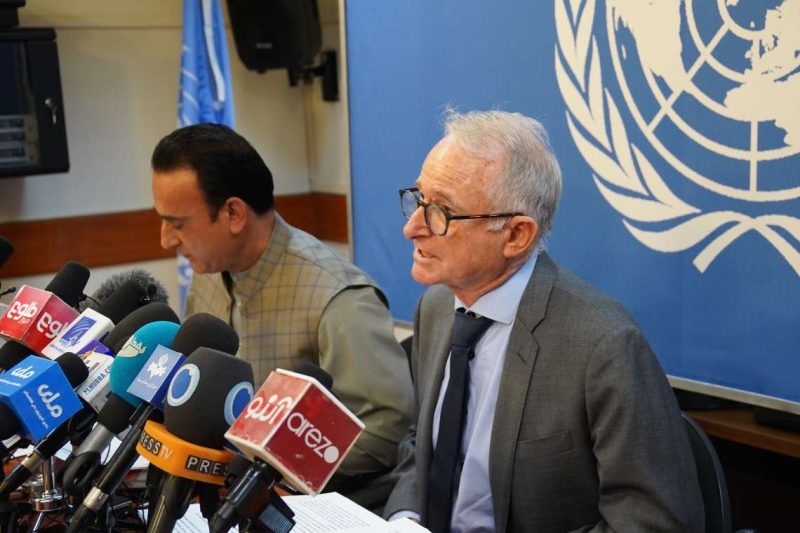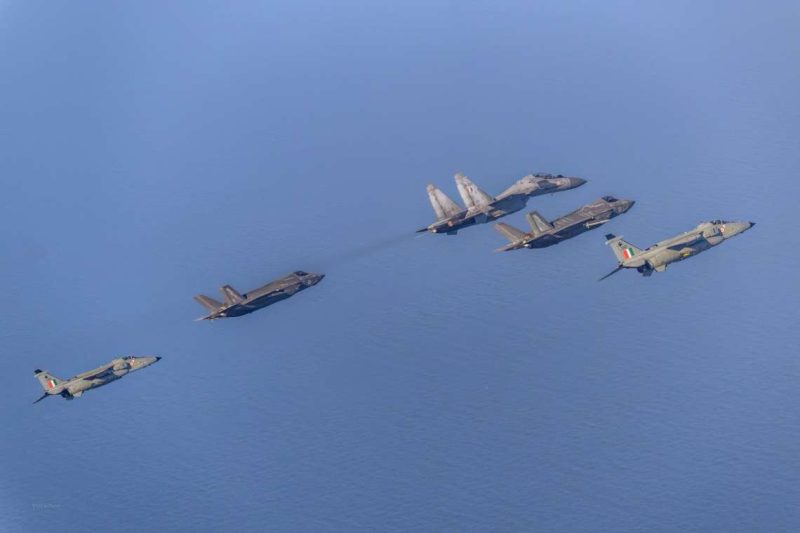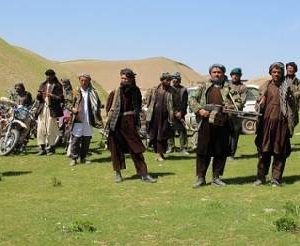The Taliban has not completed the conditions for recognition which was offered by the international community…reports Asian Lite News
Amid reports of an Afghan foreign policy body asking officials to attend an online programme under the Indian Technical and Economic Cooperation (ITEC) initiative, the Ministry of External Affairs on Thursday said that there has been no change in its position on not recognising the Taliban regime in Kabul.
At an MEA weekly media briefing, External Affairs Ministry Spokesperson Arindam Bagchi said, “Our position on how we see developments in Afghanistan has not changed. I do not think anything should be read into ITEC courses vis-a-vis that. We certainly would not be issuing note verbales, which are inter-governmental notes, to entities that are not recognised.” Reportedly, the Institute of Diplomacy under the Afghan Foreign Ministry conveyed to its officials in Kabul the need to register for the ITEC course being held at the Indian Institute of Management (IIM), Kozhikode, however, Bagchi said that the Indian side does not issue any note verbales to any entities that are not recognised by New Delhi.
A letter issued by the Institute of Diplomacy to inform officials about the ITEC programme also referred to a note verbale from the Indian Embassy in Kabul on the course. Bagchi, responding to it, said that there is no question of sending such communication to entities that are not recognised.
“India has been extending capacity-building assistance to developing countries across the world through what is called the ITEC programme. This includes online courses,” he said.
Bagchi said these scholarship courses cover numerous topics and are conducted by different Indian institutions.
“These courses are also open to nationals of various countries, including Afghanistan. A number of Afghan nationals, both based in India as well as in Afghanistan, have been participating in these ITEC courses,” Bagchi said.
“Of course, the online courses do not involve travel to India,” he said.
India has not yet recognised the Taliban regime in Afghanistan and has been pitching for the formation of a truly inclusive government in Kabul besides insisting that Afghan soil must not be used for any terrorist activities against any country.
India has been pitching for providing unimpeded humanitarian aid to Afghanistan to address the unfolding humanitarian crisis in the country.
In June last year, India re-established its diplomatic presence in Kabul by deploying a “technical team” to its embassy in the Afghan capital.
India had withdrawn its officials from the embassy after the Taliban seized power in August 2021 following concerns over their security.
The Taliban has not completed the conditions for recognition which was offered by the international community.
According to analysts, forming an inclusive government, countering terrorism, not allowing the use of Afghan soil against other countries, and ensuring human rights, especially the rights of women and girls, will pave the ground for recognition of the Islamic Emirate.
Moreover, the Taliban imposed many restrictions on Afghan women after coming to power.
Taliban banned women from attending university last December, nine months after the Islamist group barred girls from returning to secondary schools amid a brutal crackdown on women’s rights since it seized power in 2021.
Grades 7-12 have been closed for girls and young women for more than 530 days, reported Tolo News.
Taliban also announced a ban on female NGO workers – prompting multiple major foreign aid groups to suspend their operations in the country.
The Taliban’s return to power preceded a deepening humanitarian crisis in Afghanistan, worsening issues that had long plagued the country. (ANI)
ALSO READ-MEA: China’s attempts to alter LAC status quo impacted ties


